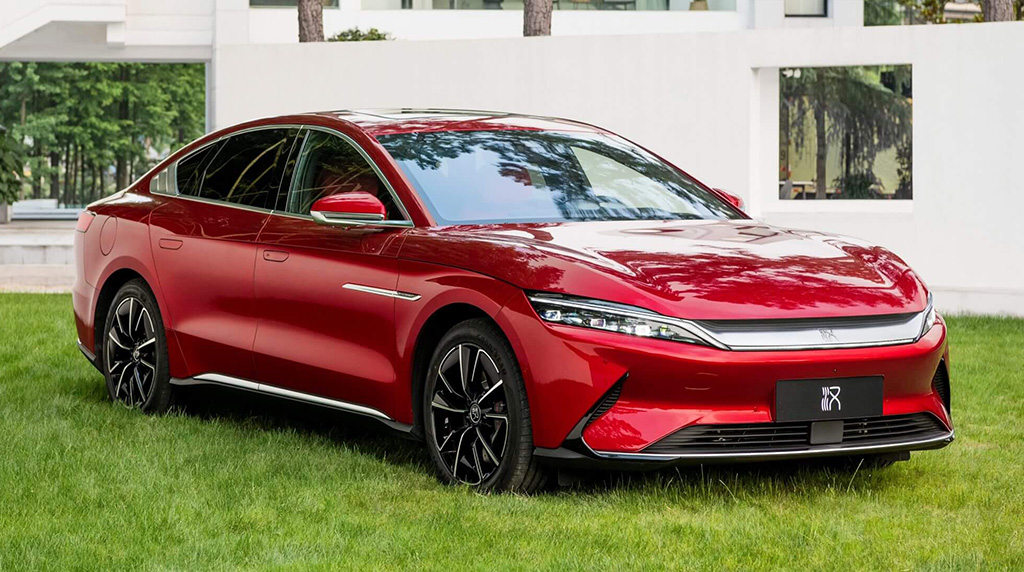China’s Ministry of Finance was reported by Reuters that it has cut purchase subsidies on NEVs, which mainly consist of electric and hybrid vehicles, by 30 per cent at the beginning of January 2022 after last year’s strong rebound before eliminating the subsidies altogether at the end of 2022.
Sales of NEVs in the country are expected to top 3.3 million for the 2021 calendar year when the data is published.
The previous data released by the China Association of Automobile Manufacturers (CAAM) to November showed EV sales rocketed 167 per cent to 2.99 million units in the first 11 months of 2021, including 2.466 million battery-powered vehicles.
The huge sales were despite subsidies already being cut by 20 per cent at the beginning of 2021.
For 2021, EV manufacturer Li Auto reported that 2021 sales increased 177 per cent to 90,491 new vehicles; XPeng’s sales increased by 263 per cent to 98,155; Nio’s sales increased 109 per cent to 91,429; and BYD’s 2021 EV sales increased to 603,783 versus 2020’s 189,689.
Last year subsidies on battery-powered EVs with a minimum range of 300km amounted to the equivalent of $A2840-$A3930 while subsidies on hybrid vehicles with a battery-driven range of at least 50km amounted to $A1485.
The Ministry said in a statement “given the growth of the industry for vehicles with new energy, the sales trends and the smooth transition of manufacturers, the subsidies will end on December 31. Vehicles registered after December 31, 2022 will not be subsidised”.
CAAM said it expects total vehicle sales to rise by more than five per cent to 27.5 million units in 2022, with NEV sales to account for around five million of these.
Reuters said that China-based industry analysts expect NEV sales to exceed 30 per cent of total vehicle sales by 2030, with some forecasting volumes will rise to 60 per cent of the total by 2035.
China, the world’s biggest auto market, has set a target for NEVs, including plug-in hybrids and hydrogen fuel-cell vehicles, to make up 20 per cent of total new car sales by 2025.
By Neil Dowling













 Read More: Related articles
Read More: Related articles

